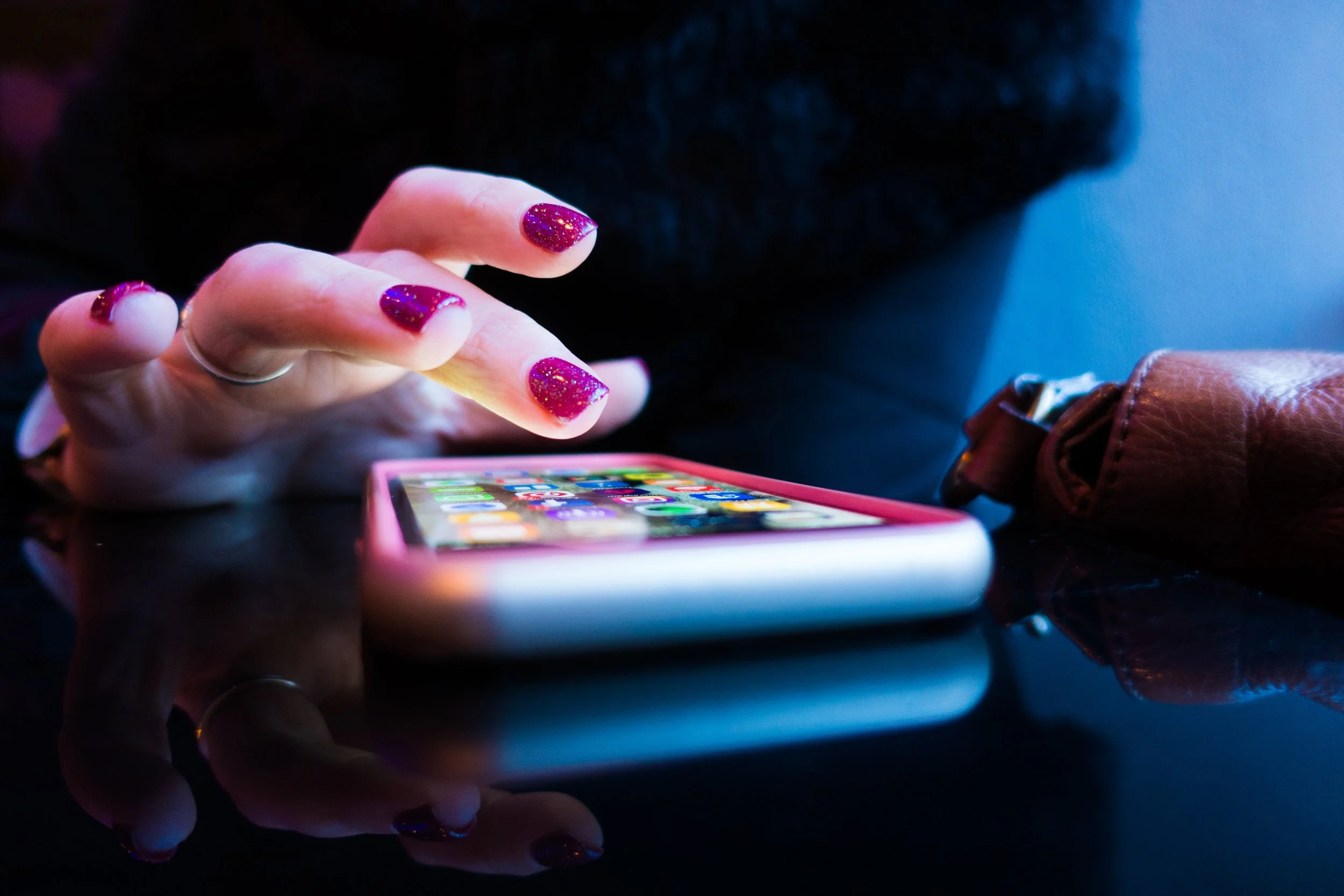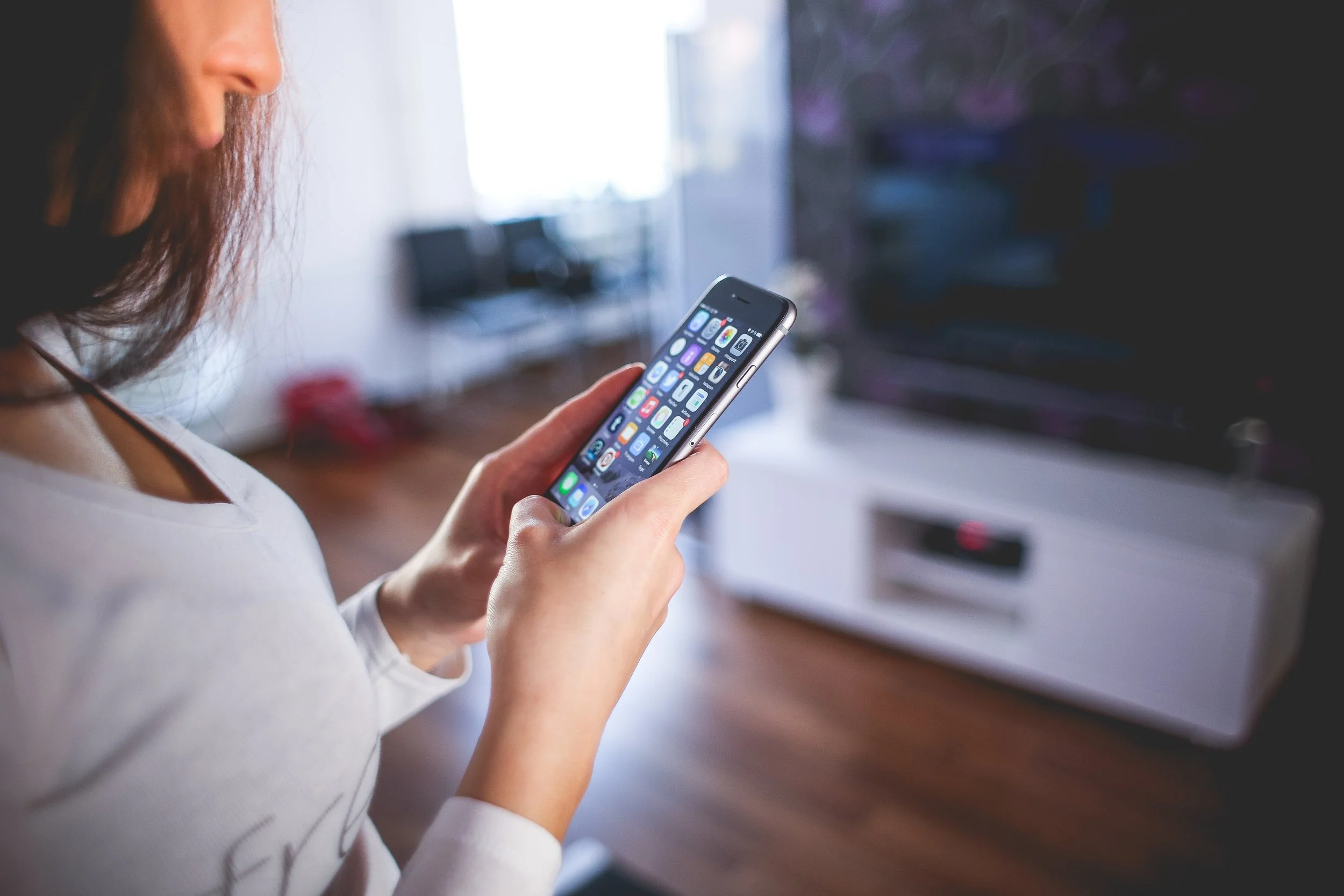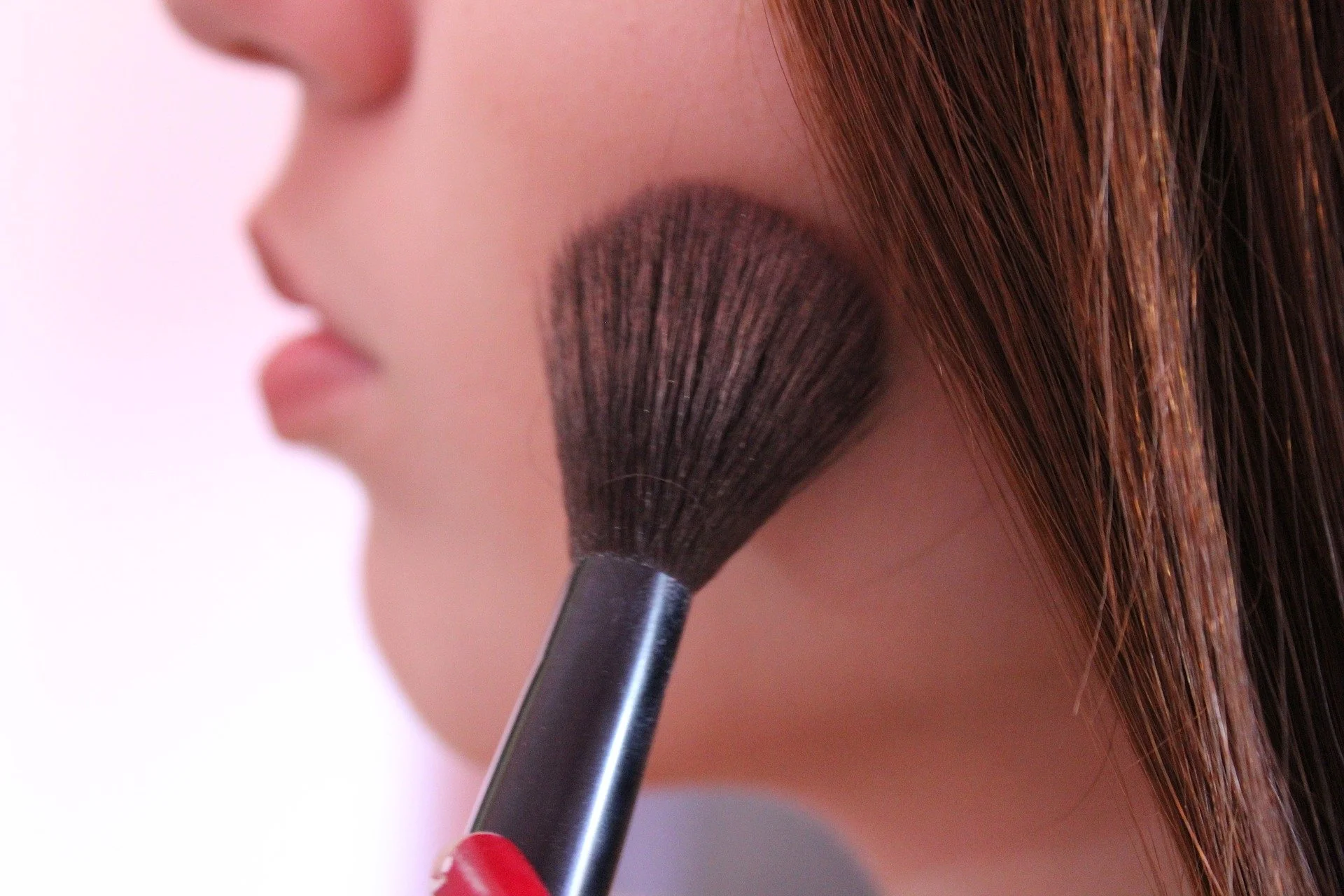Is Plastic Surgery Now the Norm?
Scientists have found that people’s opinion of their own body is influenced by three factors: peers, parents, and the media.
Plastic surgery is on the rise like never before. With the influx of social media, a traditional media that is unforgiving of regular-looking bodies, and greater training of beauticians in favor of plastic surgery procedures, plastic surgery is easier to access and more normalized than ever.
Plastic surgery is a difficult topic to talk about. While some condemn it, others believe that, as with most other body-positive issues, a person has the right to choose what to do to their body. If this is something that a person wants, they shouldn’t be shamed for it.
But looking at the statistics – at the growth in numbers of aesthetic plastic surgeries – you have to wonder if this massive change results from anything. Plus, whether the reasons behind more people flocking to plastic surgery are something we should be worried about.
Are more people getting aesthetic plastic surgery?
This plastic surgery epidemic is felt most keenly in the US, where plastic surgery has become so popular, it has taken over first place from Asian countries. In 2020, the United States saw more plastic surgery procedures than any other country, according to the International Society of Aesthetic Plastic Surgeons. The last survey they conducted in 2016 showed that 4.2 million plastic surgery procedures for aesthetic purposes were performed in 2016. When worldwide numbers are taken into account, the US contributes 17.9% of all plastic surgeries worldwide.
Peers, parents, and the media: what has caused this greater desire for plastic surgery?
Scientists have found that people’s opinion of their own body is influenced by three factors: peers, parents, and the media.
Social media has been around for fifteen years or so, and in that time, our relationships with our peers and the media have altered drastically. Now, we can see our peers in the best light: at the best angle, with the best filter, edited to perfection. As a result, our conceptions of what people look like – especially when these are people we do not know in real life – are skewed massively.
So, when we turn to our bodies, we have a completely false and unreachable standard to meet. When we fall short, how do we feel about our bodies?
Then there’s the media, which has never been forgiving towards imperfect (or normal) bodies. The media overly criticizes imperfection, and now they have the entirety of social media to work with. They create an impossibly trap for people: you will be criticized for imperfection, but you will also be criticized for a poor editing job on an Instagram post. With this paradox made clear, what if left to make yourself immune to criticism, but plastic surgery?
Plastic surgery: confidence booster or unhealthy coping mechanism?
Many argue that plastic surgery is just a way for people to feel more confident in their bodies, just like non-judged procedures, like ear piercing or teeth whitening with a dentist (http://www.birminghamdentalcenter.com/).
But the spike in plastic surgeries in recent years shows that the causes behind this need for body confidence are a dark, twisted web. If we took away modern social media, would as many people feel this need for body confidence that inspires more plastic surgery?
Social Advocacy Groups want Facebook to Stop Hate for Profit
Facebook is THE most popular social media platform. People go on this app to share big moments, memories, connect with friends, and much more. But what happens when the platform becomes unsafe for its users?
Facebook has been getting more and more pressure from users and companies to check hateful or prejudice comments on their network. The Stop Hate for Profit movement founded by civil rights activist groups is calling for Facebook to do more! To create a more accepting and safe platform for their users. And although the social network has made efforts to make changes in the past it has fallen short of everyone’s expectations. Organizations like the NAACP, Common Sense, and many more have been making efforts to change the platform from years, but there’s more of a push to address the bigotry on the app after the murder of George Floyd. When white supremacists and bigoted comments, as well as misinformation about the murder, were ignored by the network.
The goal of the campaign to have people pull out of buying ad space from Facebook going into July. This boycott also includes Instagram. And although the campaign is still new big names in clothing have taken their stand. Patagonia and The North Face have announced on their social media that they’ll be boycotting the app for the remainder of the month. Aside from clothing, Ben and Jerry has announced that they will not be buying ad space from the network as well.
To learn more about this movement check out the Stop Hate for Profit website. https://www.stophateforprofit.org/demand-change
Photo Credits: stophateforprofit.com
Report: Lauren Tucker





































At the rise of Covid-19 many of us first questioned the timeline of fashion week and would we see the regular calendar continue - the question weighed over many of us for months! It was refreshing to see design houses and designers across the globe take advantage of the uncertainty and plow into production mode - thus my interest in Jerri Reid New York - The Black Designer based in Brooklyn New York wow’d instagram with his latest collection paying homage to the Black Is King film which debuted earlier this year in July. I was taken aback at quick of a turn round the young designer produced and released his well crafted designs reflecting some of the films most memorable moments.